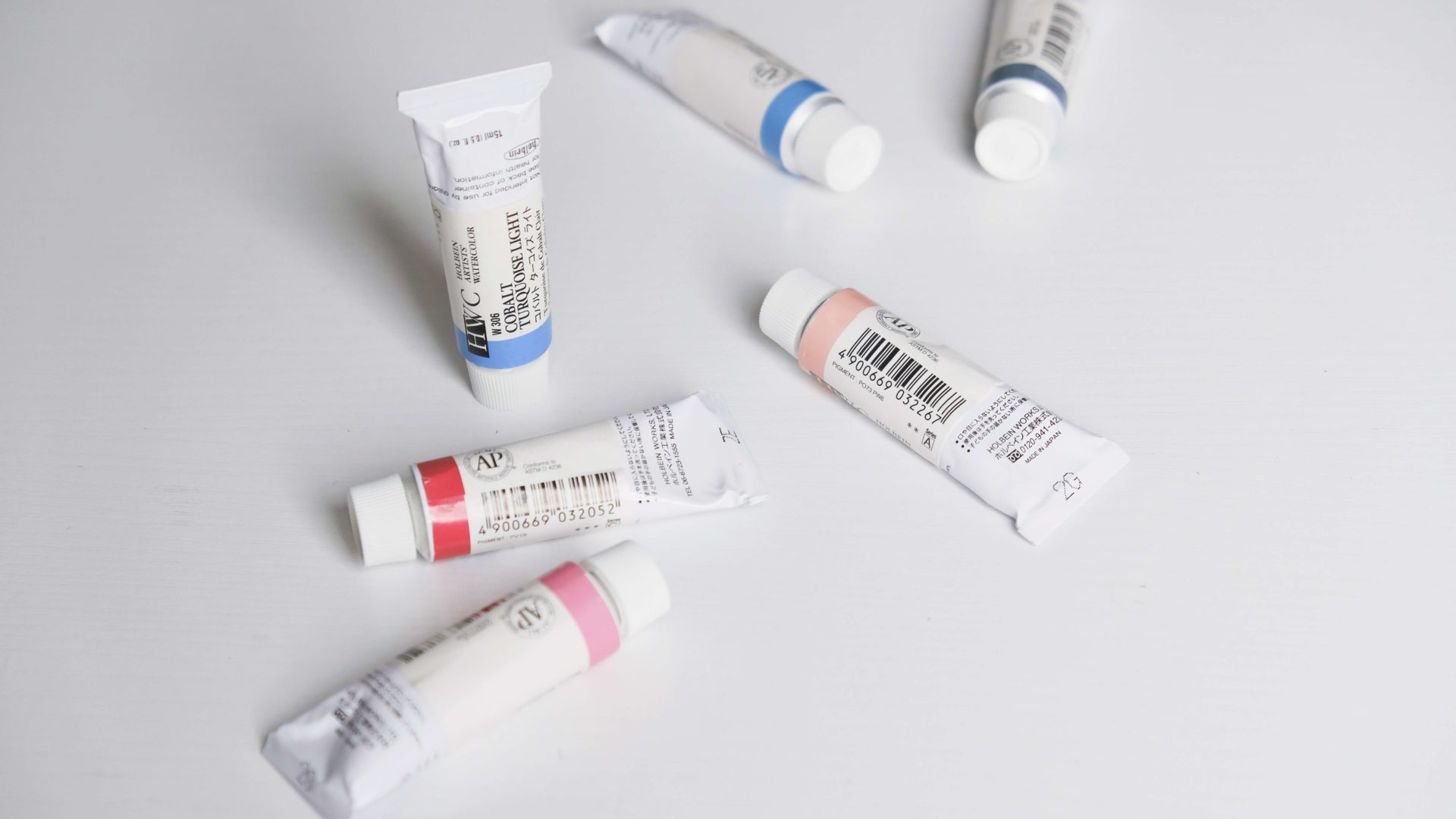New guidance surrounding the use of paraffin-based emollients has been released (on 18th December 2018) by the Medicines and Healthcare Products Regulatory Agency.
Previously, guidance around the use of paraffin-based emollients and the fire risk associated with them was in relation only to products containing over 50% paraffin. Now, following further investigation and evidence showing harm caused, the guidance has been extended to cover products containing ANY paraffin, and even those emollients with no paraffin, in certain circumstances.
Similarly, CQC recently issued guidance around the use of emollient creams following a fire in May 2018 at a Lancashire care home. The fire started when emollient creams reacted with cotton towels in their laundry room.
CQC reported that “The fire authority issued an enforcement notice requiring the provider to make sure:
- all emollients are stored securely
- risk assessments are updated to reflect the use and storage of emollients."

When Are Emollients Used?
Emollient creams are used to help manage dry skin conditions such as psoriasis or eczema.
What Are the Risks?
Paraffin-based emollient creams are incredibly flammable.
The creams can soak into items such as:
- clothing,
- dressings and
- bedding,
leaving a flammable residue.
Chemical reactions:
Emollients and fibres of dressings, clothing or other fabric items such as towels or linens can also react and catch fire. The emollient products are not flammable themselves, however, they act as an accelerant, increasing the speed of ignition and the intensity of the fire when fabric with emollient residue on it is ignited.
Going near flames:
If people use this type of cream then cover it with a dressing or clothing then light a cigarette or go near a naked flame, there is a risk that the dressing or clothing could catch fire. The paraffin residue encourages the flame to spread quickly, causing even more harm and injury.
How to Avoid Accidents or Injuries
Following an incident in 2008, The Medicines and Healthcare Products Regulatory Agency (MHRA) issued a safety alert which was further updated in 2016: ‘Paraffin-based skin emollients on dressings or clothing: fire risk’.
Top 5 Tips
Along with the recommendations of the alert, to avoid risk to the people you support, care organisations must:
- advise people who are using emollient creams of the risks the creams may pose;
- instruct users of emollient creams not to:
- smoke
- use naked flames
- go near anyone smoking or using naked flames;
- change people’s clothing and bedding regularly because emollients soak into fabric and can become a fire hazard;
- perform a risk assessment around how emollients are administered within the organisation;
- ensure that the organisation has a clear, concise policy and procedures documenting how staff should administer emollient creams in accordance with best practice and guidance.
The Commission on Human Medicines has also now advised that:
- “outer packaging and product containers should include a warning about the fire hazard, with the advice not to smoke or go near naked flames
- where available, the Patient Information Leaflet or Instructions for Use and the Summary of Product Characteristics should be updated to include warnings about the risk and how best to minimise it.”
How Opus Can Help?
Opus and it’s team of qualified Pharmacists have developed a new approach to policies and procedures to enable your staff to:
- Easily find the information they require;
- Understand and absorb the procedure they are to follow; and
- Feel confident and competent in the tasks they undertake.
An Opus policy is not only clear and concise, but will help address and clarify the difficulties and dangers associated with emollients and other aspects of medicines administration and handling.
Our documents comprise of:
- a bespoke, short summary policy document with
- easy to read, visual flowchart procedures, all of which are consistent with regulations and best practice; and
- a policy support document which provides supplementary information and guidance and can be used as a helpful reference tool for staff.
Find out more on our website or contact our friendly team today
To help you ensure the people you support are protected, check out our
FREE risk assessment for emollients
In addition:
West Yorkshire Fire and Rescue Service has produced a video, aimed at care professionals, which demonstrates the potential fire hazards associated with paraffin-based skin products. Watch this and ensure your staff have too!

